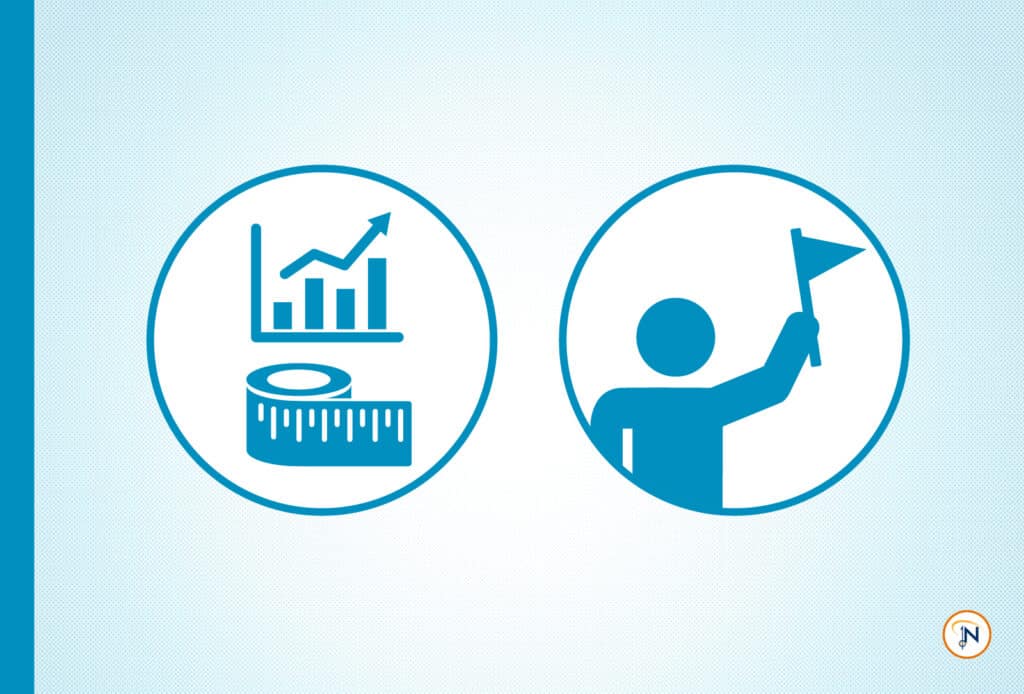Incredible amounts of data are collected every day in just about every facet of our lives, both personally and professionally. At home, we browse the web and watch our favorite streaming TV, and at work, we talk to clients and create plans or report on progress.
When used the right way, data is powerful. The data collected on your web browsing habits (probably) aren’t going to change the world, but the data you collect and use as a supervision professional can mean the difference between helping—or inadvertently harming—your community. THAT’s powerful.
So, what’s the “right way”? There are two key ways data is used to drive evidence-based practice:
- Measure progress. Just as you work with clients to set goals and milestones and measure progress toward them, the data you collect on your processes, programs, treatment plans, etc. should be compiled to help your agency measure progress toward a key goal: reducing recidivism. Frequent and consistent review of your processes and practices is essential to ensuring they’re working as intended. Without good measurements, the interventions you have in place could be ineffective, or worse, counterproductive, and you may not know it until damage has already been done to your community.
- Guide action. It’s not enough to simply know how your processes and practices are performing. You have to DO something with that information. Use the data available to you to guide and support your actions as you continuously improve your agency’s processes and practices. Data can inform your decisions and help you course-correct as needed to achieve your goals. Without it, you’re potentially harming your community by not using the resources available to you to improve outcomes.
As expert criminologist Dr. Tim Brennan explains, “How does learning from experience work? Well, you do something, you see the result.”
Data allows you to see the result, learn from it, and act on it. And that’s how evidence-based organizations continue to see positive results for their communities.
In today’s data-driven world, measuring progress and using it to guide action can be overwhelming and sometimes even impossible if you don’t have the right tools. Let us help! Contact us today to talk more about your data needs and how we can help you improve outcomes in your community.






